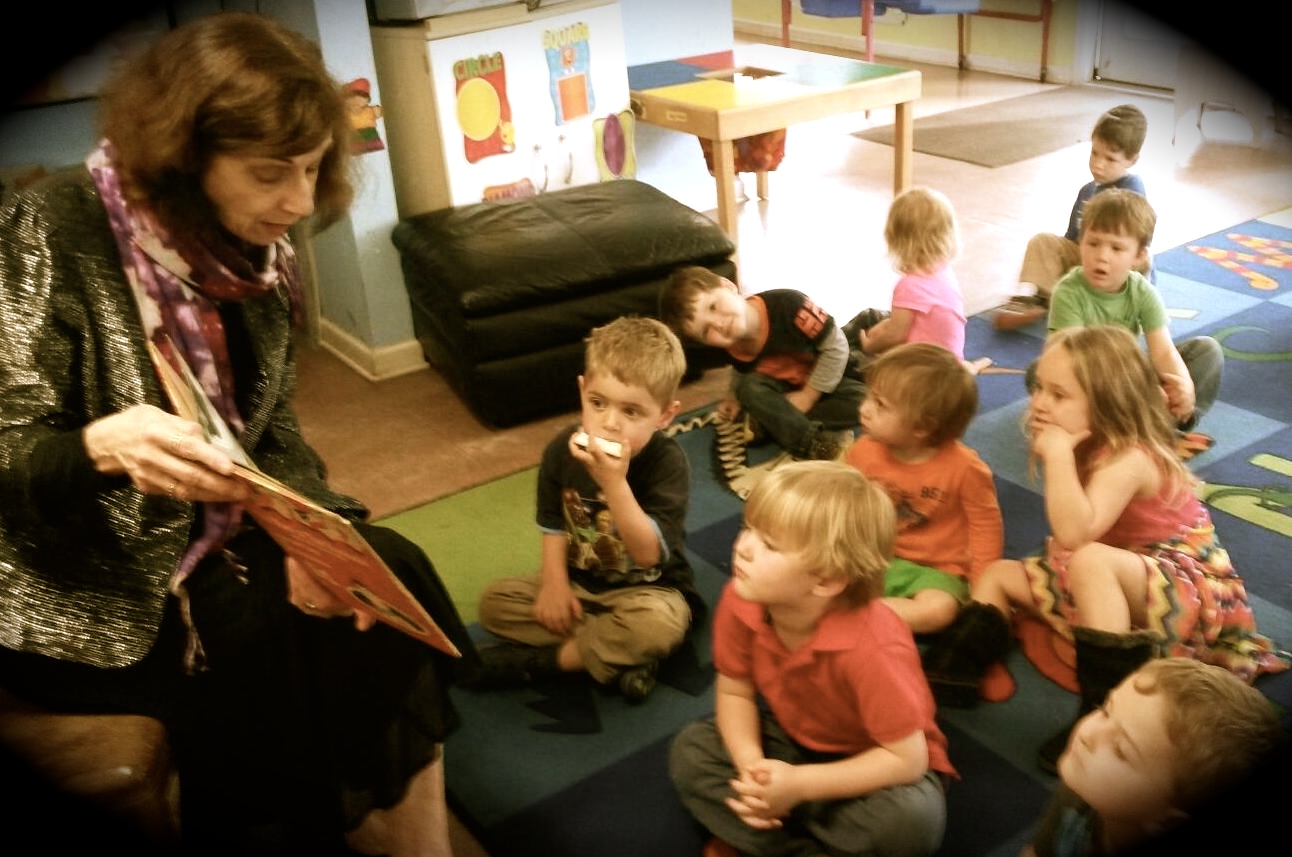The last five years have witnessed a wave of significant new fairy tale books. In a recent article published in the New Republic, Honors College Professor Ellen Handler Spitz explains why the fascination with classic fairy tales still exists even as the world continues to change.
“The core of fairy tales seems to reach deeper—well beyond the delights and shocks caused by improbable events…towards a species of raw, non-contingent honesty and authenticity,” Spitz wrote. “It is through the sharply-focused lenses of psychology, particularly those of child development…that we can parse some whys and wherefores of our irresistible draw into these enchanted realms.”
Using several examples, Spitz examines the ability of fairy tales to spark imagination and nostalgia, especially when looked at through the lens of a childhood development perspective.
“Fairy tale carries us back to this primordial kind of attention, the attention we gave the world when everything was ‘for the first time.’ In earliest childhood, noticing and remarking matters most…If, by the term ‘psychological,’ we mean relevance for mental life in its entwined cognitive and affective functioning, we are right to invoke it here, for fairy tales speak directly and indirectly to the psyche. They stimulate rainbows of feeling, insatiable curiosity, and inexhaustible searches for meaning.”
Read Spitz’s full article “The Irresistable Psychology of Fairy Tales” on the New Republic website. Spitz is the author of six books on the arts and psychology and her most recent research focuses on children’s aesthetic lives. Read more about her work on the Honors College website.
Image: Ellen Handler Spitz reads to children as part of the Program on Child, Family, and Community Development in Sewanee, Tennessee.
Tags: CAHSS, HonorsCollege, VisualArts

